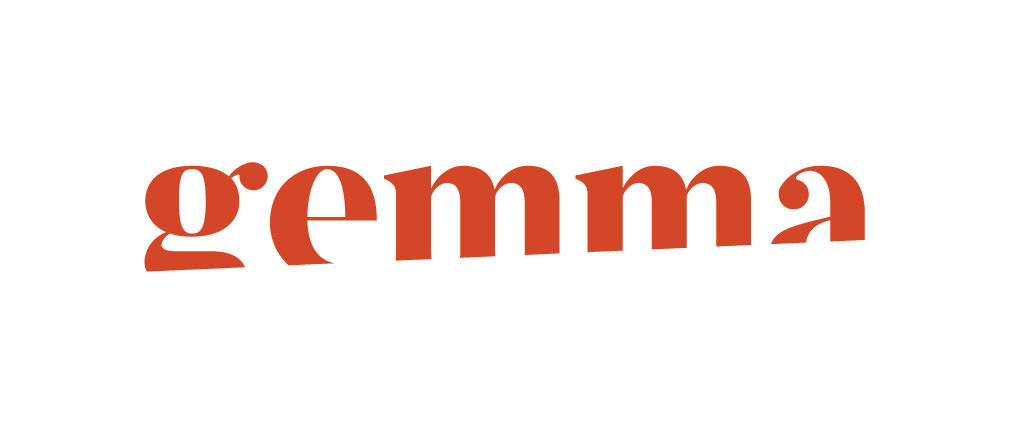HOW INSTAGRAM BECAME THE POLICE'S LATEST TOOL IN THE WAR ON DRUGS
Plenty of people would admit that they’re addicted to Instagram. Plenty of people even make a living out of it. It’s like a drug, you might say (heh, bear with me). But there aren’t that many people who can say their Instagram put them in jail - and that may be about to change.
This week two 20-something women, Isabelle Lagacé and Melissa Roberge were detained in Sydney, cutting short an opulent two-month cruise from the United Kingdom to Australia, when sniffer dogs searching the boat discovered the over 200 lbs of cocaine in their luggage. Ah. They were arrested as part of an investigation combining intelligence from the U.S., Canada and Australia. And it was easy to find them because they’d spent the past seven weeks documenting their movements on Instagram.
It’s not clear why the two, along with 63-year-old companion André Tarmine, were being investigated, and it’s worth pointing out that although they’ve been charged with importing commercial quantities of cocaine, they haven’t been found guilty of anything yet. But hypothetically speaking, imagine you were up to no good to the point that the police from several countries are after you. Wouldn’t that be the time to maybe consider discretion? Wouldn’t you resist the temptation to post exactly where you are on social media for seven weeks, even though the sunset selfie opportunities were bountiful?
Actually it's not all that surprising. I can totally see how we could have come to the point where we're so obsessed with posting our personal highlight reels that, defying all logic, we'll post drool-worthy holiday pics even if they're gonna help people lock us up and throw away the key. I mean what's the point of going on a crazy-fancy island hopping cruise holiday if you don't spend half the time posing in your bikini and making everyone super jealous? To a lesser extent (a.k.a. for normal people who aren't smuggling insane quantities of illegal substances across the world) it's this obsession with appearing to be happy and successful and sociable that drives us to be constantly on the lookout for the perfect polished picture.
Even if what you're polishing is sneaky shiny drug jewellery like Sarah Michelle Gellar in Cruel Intentions. And I'm not even joking - according to the Guardian, in an article published earlier this year, aside from posting images that might be incriminating, there is a whole community of drug dealers actually using social media platforms to peddle their wares - honestly, the #weed4sale hashtag doesn't seem like the most discreet way to do business, but then what do I know about it.
Police in New York have reportedly developed a system of artificial intelligence-based social media patrolling, which combs through the hashtags and picks out the accounts that are likely to belong to bona fide dealers, with around 75% accuracy. The AI also looks to pick up 'evidence of transactions' - I don't know what this refers to exactly but I assume it's something less conspicuous than 'hello can you meet me at 11pm and sell me some drugs please?' Even if they're a step behind, it seems like the authorities are cottoning onto social media's usefulness in catching bad guys - if you're involved in any dodgy dealings online then you may as well start captioning your photos Exhibit A, B, C etc... You've been warned.

